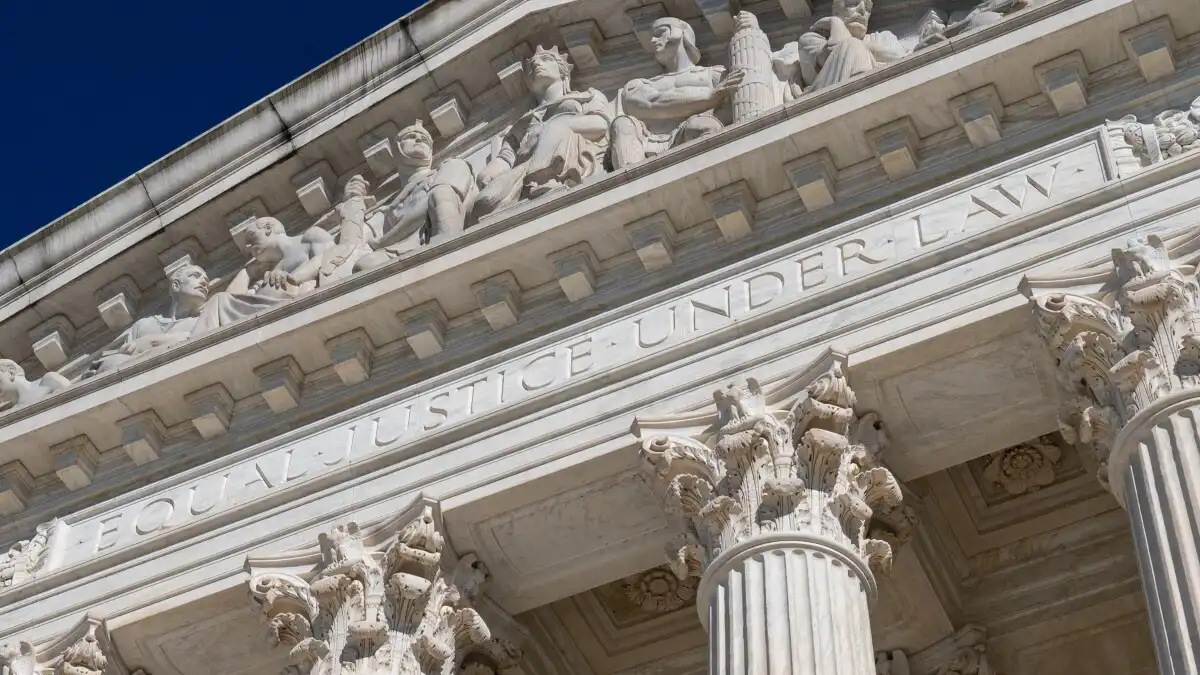Supreme Court skeptical blanket immunity former president
Historic Supreme Court hearing as Trump claims immunity from prosecution for official acts while president. Nixon precedent, implications for future presidents.
A momentous occasion unfolds at the Supreme Court on Thursday as the justices deliberate on Donald Trump's claim of immunity from prosecution post-presidency for official acts carried out while in office. This pivotal question of presidential immunity post-office has never before been addressed by the Supreme Court.
NPR offers special live coverage leading up to the 10 a.m. hearing at the Supreme Court. President Richard Nixon, embroiled in the Watergate scandal, escaped prosecution while in office due to the Justice Department's interpretation that a sitting president cannot be criminally prosecuted. Nixon accepted a pardon after resigning from President Gerald Ford.
Trump, however, asserts a broader immunity, contending that he cannot be prosecuted for official acts as president unless impeached, convicted, and removed from office. The Supreme Court's decision on Trump's immunity claim could have far-reaching implications for future presidents, potentially shielding them from post-presidency prosecution.
Trump's defense lawyer, D. John Sauer, argues that even extreme actions, such as ordering an assassination, would be considered official acts and immune from prosecution post-presidency unless impeached and convicted first. The federal appeals court ruled against Trump's immunity claim in February, leading to his appeal to the Supreme Court.
The case before the Supreme Court involves allegations by special counsel Jack Smith that Trump sought to prevent Joe Biden from taking office through false means. The outcome of this case not only tests the concept of presidential immunity but also poses a challenge to the Supreme Court's timing and handling of the matter.
Arguments against Trump's immunity claim highlight the absence of constitutional provisions granting such immunity and the historical precedent against it. The debate centers on whether Trump's actions surrounding the 2020 election were official duties, with legal experts refuting his claims of immunity.
Trump's reliance on a 1982 Supreme Court decision on civil immunity for official acts faces scrutiny, as the court did not address criminal immunity in that ruling. The involvement of justices with White House experience adds complexity to the case, with potential implications for future immunity considerations.
The Supreme Court's decision on Trump's immunity claim could set a precedent for post-presidency prosecutions of former presidents, impacting the accountability of leaders for their actions while in office. The case raises critical questions about the balance between presidential power and legal accountability, with implications for the future of presidential immunity in the United States.











Comments on Supreme Court skeptical blanket immunity former president